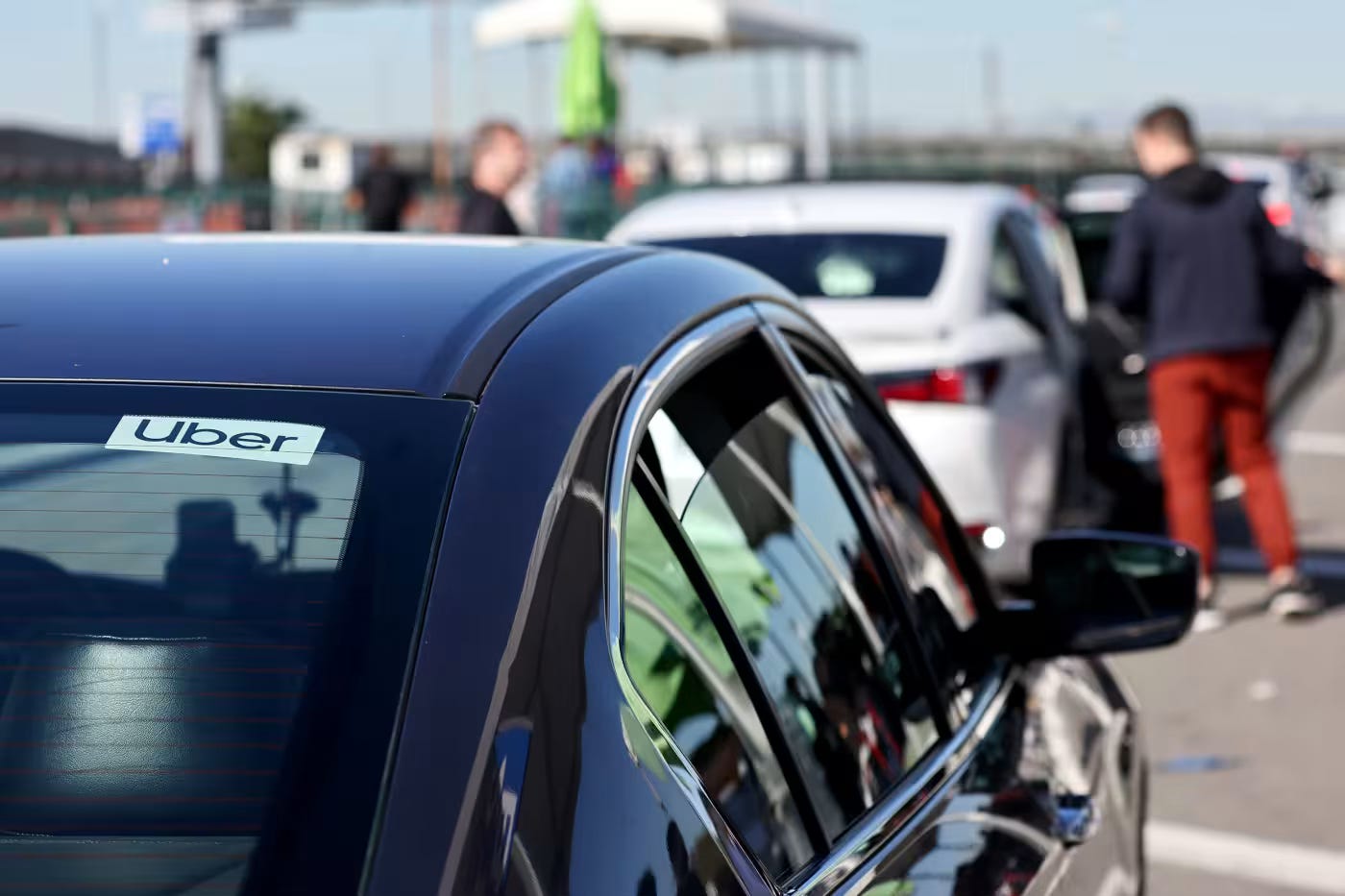Uber, Uber-regulation, and Uber-interest rates
EU innovation, Uber, and why high interest rates hurt America
Having recently returned from travel, I’ve gathered several reflections that may be of interest. I plan to expand more on these ideas in separate articles.
No Airbus of AI:
The Economist recently ran an article discussing how Europe’s success with the merger of Airbus remains virtually unrepeated across the Eurozone. A mix of antitrust policy, suffocating regulations, and high taxation are cited as some of the reasons for this phenomenon. While at an event at the University of Amsterdam, I was chatting with a Dutch commerce regulator about Europe’s inability to control the ethics surrounding Artificial Intelligence technology. It was clear that seeing the nail of AI has her (and likely most of her colleagues) reaching for the hammer of regulation. I asked a few probing questions about her beliefs on entrepreneurs’ culpability in the misuse of technology, to which she held very strong views in the affirmative. The drawback, of course, is that Europe’s regulatory death-grip on entrepreneurship is a key reason that it creates so few world-beating companies, which is a key reason that its governments struggle to control their own destiny—all the more poignant amidst the AI revolution and the tired repetition of this long-told story. Though basing a complete assessment on a singular conversation would be premature, such ossified nature of the state’s attitudes indicates this is unlikely to change.
Could we be killing the next Uber?:
As many are in an outright panic over America’s fiscal situation and the fiscal suicide-bomb which is the Big Beautiful Bill, interest rates are starting to bite those around America. As the period of secular stagnation, free money, and easy monetary policy silently dies (at least, for now), my mind has been on Uber. Uber made nearly $10 billion in profit last year, a number which markets expect to grow. 2023 was the year we first saw a net profit from Uber since its inception in 2009. A striking thing about the 2010s is that it allowed for the creation of companies like Uber, which for most of its history was an unprofitable app that had decent execution on a pretty good idea with a lot of upside. Not only was the smartphone key, but the low interest rate environment allowed investors to make big bets on the growth companies of the future, sustaining them for years of unprofitability while they worked out the kinks of the business model. I’m convinced that Uber, putting the obvious technological factors aside, probably wouldn’t have had much of a shot in most of the 20th century on private investment alone because higher interest rates would’ve demanded a degree of profitability that would not have been achieved in the shorter-term-higher-discount rate environment.
So the question is what Uber’s won’t or aren’t being created in the 2020s because of the current fiscal and monetary situation. What key innovations are we crowding out?
Though Tyler Cowen has argued that, philosophically, it’s impractical to have a social discount rate (the rate by which you discount the value of the future), higher interest rates combined with AI doomsdayers saying we’ll all be killed by superintelligences in 2030 might change the practical calculus of many agents, giving society a kind of Children of Men feel, where military power is prioritized and climate change is forgotten (which is what we see in the ‘Big Beautiful Bill’). As the future gets discounted, practical consequences will be greater pressure on democracy as people prioritize their near-term returns from the ‘system’ rather than their philosophical and ontological relationship to the ‘system’, with haphazard, destructive tariffs and economic policy flying under the guise of cultural revitalization and constructive system overhaul.



Interesting thoughts. Climate change as a driver of economics policy is over and that is a good thing.